Summary
The reservoir is home to a variety of fish species, including white bass, walleye, crappie, catfish, and largemouth bass. Nearby activities include camping, hiking, and boating. Fishing tip would be to use live bait or lures that mimic the natural prey of the fish you are targeting. The best time to visit is during the spring and fall when the temperatures are cooler and the fish are more active. The average temperature during these seasons ranges from 50-70°F.
°F
°F
mph
Wind
%
Humidity
15-Day Weather Outlook
5-Day Hourly Forecast Detail
Nearby Streamflow Levels
Angling Safety Guidelines
Check local fishing rules, seasons, size limits, and license requirements to ensure legal and sustainable angling.
Handle Fish Responsibly
Use wet hands, minimize air exposure, and release fish gently to improve survival rates when practicing catch-and-release.
Choose the Right Gear
Match your rod, line, and tackle to the species and conditions to increase success and reduce unnecessary harm to fish.
Respect the Waterway
Avoid disturbing habitat, prevent bank erosion, and keep a safe distance from spawning areas to protect ecosystems.
Keep It Clean
Pack out all line, hooks, bait containers, and trash—discarded gear can injure wildlife and degrade waterways.

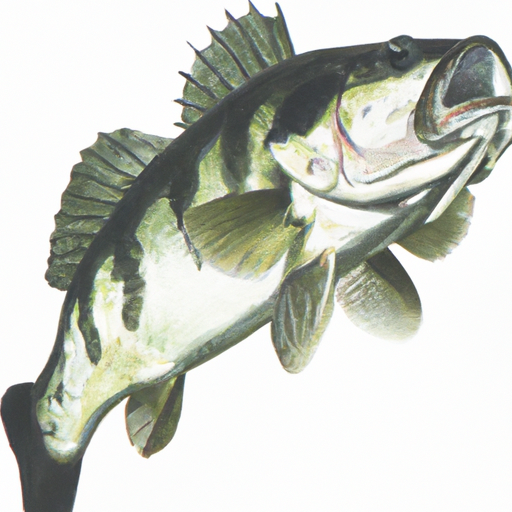 Largemouth Bass
Largemouth Bass
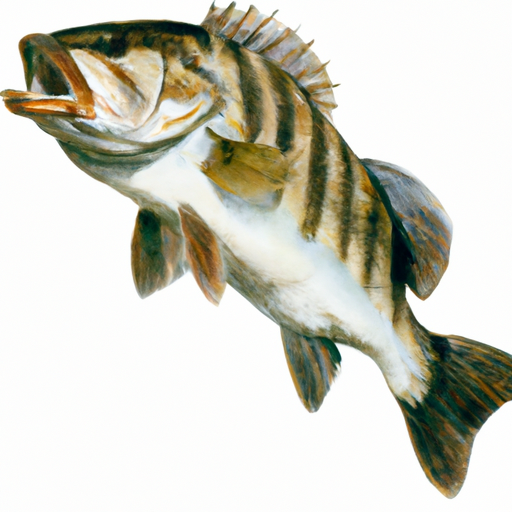 Striped Bass
Striped Bass
 Blue Catfish
Blue Catfish
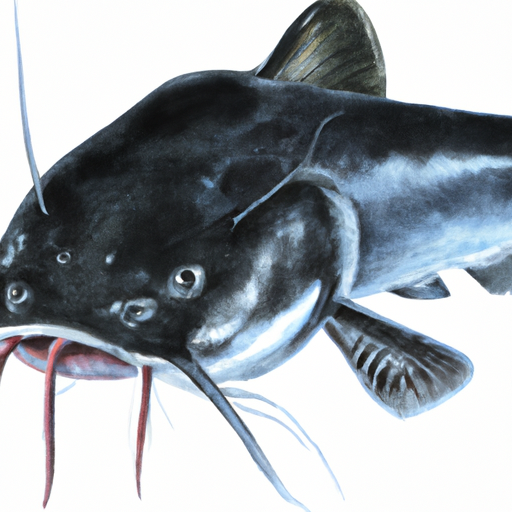 Channel Catfish
Channel Catfish
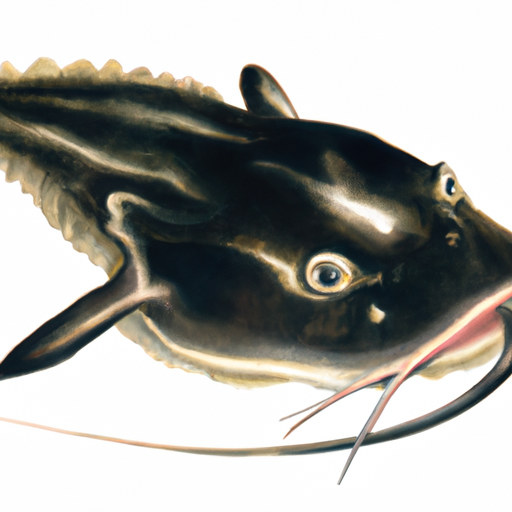 Flathead Catfish
Flathead Catfish
 Black Crappie
Black Crappie
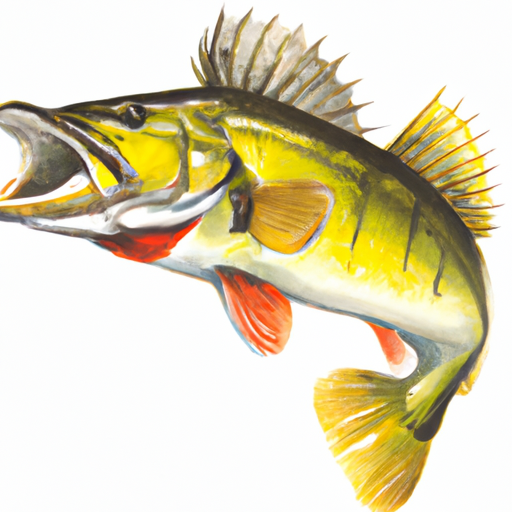 Walleye
Walleye
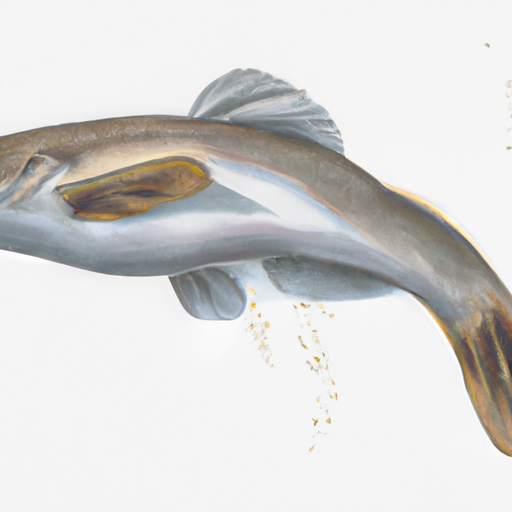 Wiper
Wiper
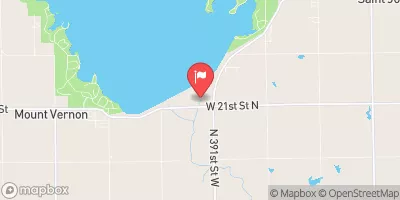
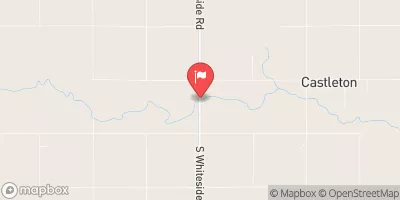
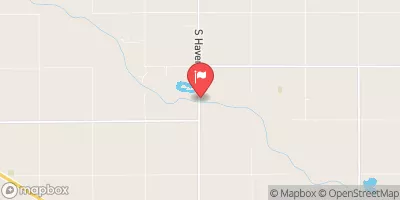
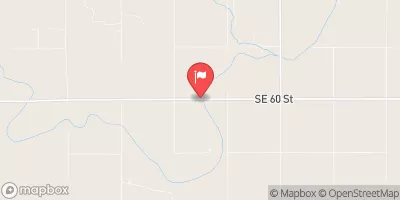


 Cheney
Cheney